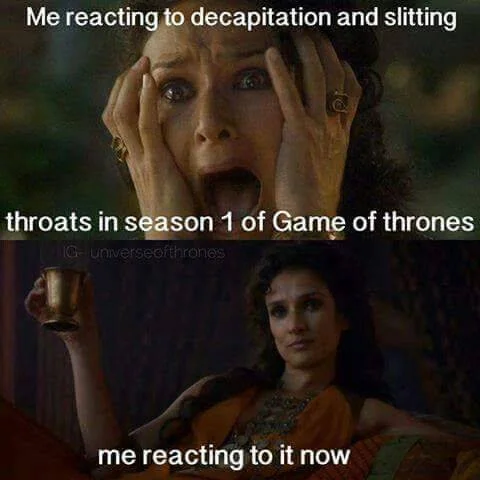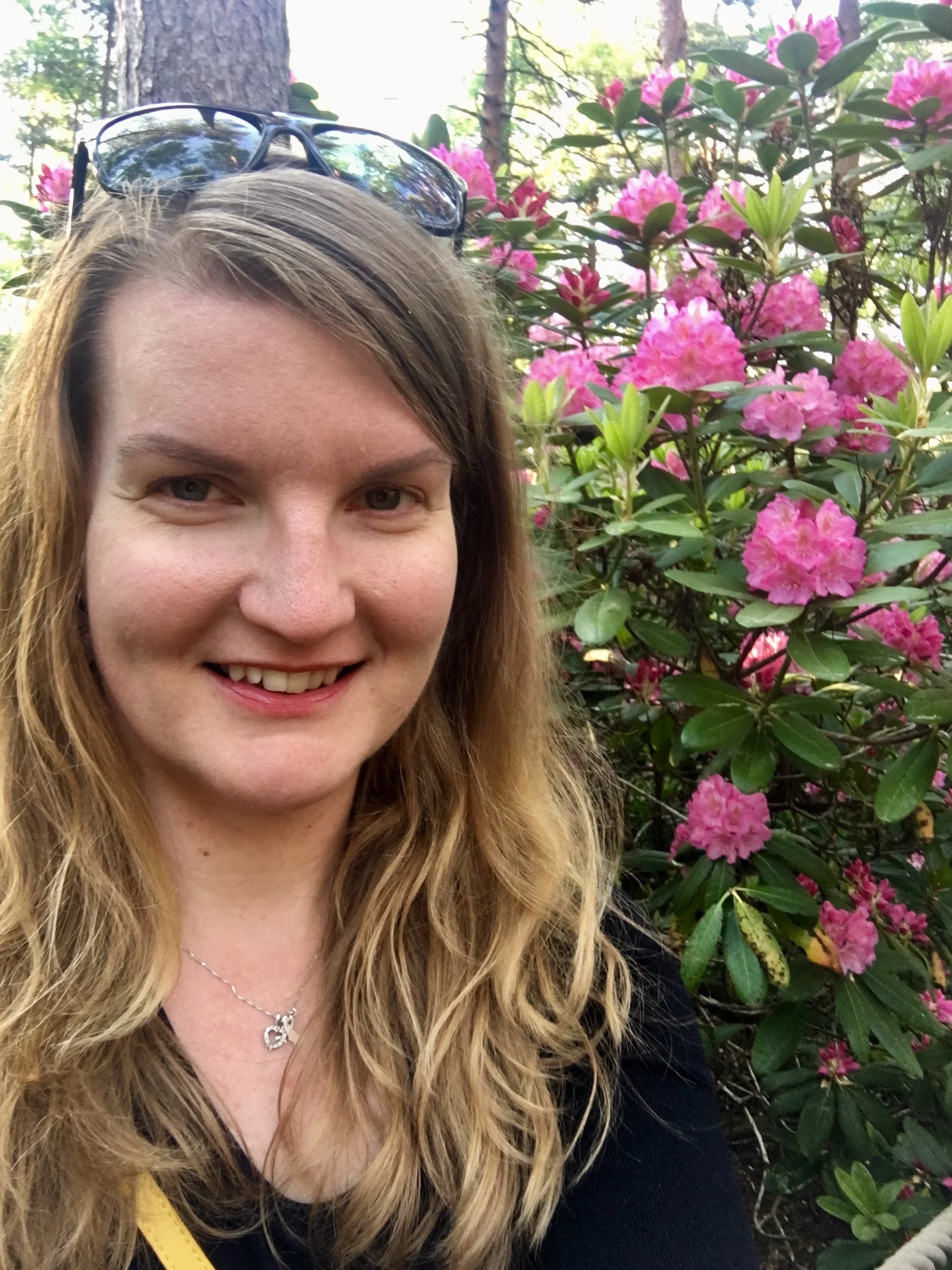Coffee With An Alumnus: Kaisa Leino
Humanists looking for writing jobs will often come across the phrase “digital content creation”. It’s a mouthful and abstract enough to leave many wondering what it actually means. I sat down with content coordinator, Kaisa Leino, in hopes that she would shed some light on the nature of the job. Leino served as the chief editor of BTSB for a number of years, but more importantly, she is recent graduate from the University of Helsinki English department with a blossoming career in digital marketing.
So, what is it that I digital content coordinator does?
It basically means that I plan and produce digital content for different channels. We produce text for websites, social media platforms, blogs, articles and so forth. The coordinator aspect means that I organize weekly team meetings and together with our COO make sure everyone’s workload is sufficient. I also organize blog-workshops through which we make sure we have monthly content on our company’s blog.
Who do you create content for?
Companies buy our talent and expertise in content strategy and digital content. They consist of B2B companies, meaning companies that direct content at other businesses, and B2C companies, which direct content at consumers. They come from various fields, from IT to organizations that promote Finnish work, which means that I get to research and learn about a wide range of topics.
You’re an English major. Is that of any use to you in your current job?
Yes, definitely. I use Finnish and English in pretty much equal amounts. Using English on a regular basis keeps my language proficiency from deteriorating. I consider myself quite lucky in that regard.
Looking back on your studies, what have you been able to take with you and utilize in the workplace?
I think the most important thing I took away from an arts education is the overall pattern of thinking. In this field, you need to be able to understand broad topics in a cultural context; to see the big picture. This is something that a humanistic education hones you for.
Naturally, writing skills are also something I developed throughout my studies. On a theoretical level, post-modern knowledge theory – the idea that concepts are always created through language—has helped me tackle some of the more technical language I sometimes work with.
Of course, interpersonal skills are also something I’ve taken with me. As an English student, you get to encounter people from around the globe and get a well-rounded idea of different ideologies, cultures and people, which makes you tolerant. I think this is an important skill in the work place, where you’re confronted with people who come from different background.
Thinking about writing skills more specifically, how did your studies prepare you for the challenges you face in content creation?
Occasionally you hear talk of the standards of written text lowering but in my experience customers recognize and appreciate quality when they see it. I don’t see quality writing being driven down anytime soon. Also, studying literary classics helps you recognize and use pop-culture references as well as understand genre, text format and tone of voice.
A lot of advertising is about visual and textual metaphors, so being able to analyze what a certain metaphor wants you to feel or the kinds of associations it makes enables you to avoid the clichés.
Did you have a dream occupation in mind when entering university?
To be honest, I was just happy to be at university—it had been a dream of mine ever since I was little. I was looking forward to going to lectures by inspirational teachers and meeting new people who thought academic stuff was cool. I didn’t have a clear idea of what I’d do after graduation. Originally, I was going to be a lawyer, but after taking a basic course I realized I had very different expectations of what it would entail. I was interested in law ethics and cultural aspects of law-making, which the course didn’t touch upon.
I was quite lost after that but then I took a language course in Edinburgh where I realized that the English language has a way of connecting people. Looking back on it, I realize it’s a very naïve thought—English as a lingua franca is complicated issue—but it was an important turning point for me. But no, I didn’t have a clear understanding of what I wanted to do after graduation.
So how did you end up working in digital marketing?
I was interested in writing and did a lot of it during my studies as the chief editor of BTSB. So, there was a career day at university where one of the founding members of our company – who are also a graduate from the English department – was presenting. They made a good impression on me by talking about aspects of quality and timelessness in digital content, so when I saw the company was looking for an intern, I applied. Interning was hard work, but I was determined to get a job out of it. And I did!
As someone who’s found a job they are passionate about, what would your advice be to students, who don’t know what they want to do post-graduation?
My advice is to work whilst studying. You need basic work-life skills and employers are much more likely to hire someone with at least some work experience.
Us arts students are in a fortunate position in that we get to choose from such a wide palette of minors. I think it’s useful to have diverse minors to accompany the more general education that the arts degree gives you. I studied North American studies, media and communication studies as well as leadership and management at Aalto University.
I also advice people to take the opportunities you’re presented with: go abroad, look for internships and all that. You just have to start somewhere and see where it takes you, and you can’t really know whether something is for you unless you give it a go.
Looking forward, what’s on the horizon for you?
I couldn’t have pinpointed this as my field of choice as a freshman, but funnily enough, many of the elements in my current position are the same ones I was hoping for as a university student, thinking about employment. I get to write and improve at it. I get to speak publicly and run workshops. I have a lovely team of professionals around me and we’re all passionate about what we do. I get to meet new people and learn from them. And surprisingly, I get to use my knowledge of drawing comics in my work. The thing I love is that the constant flow of learning new things hasn’t stopped even though I’ve graduated. I really like where I am right now. And I do feel that the more I learn and develop, the more I get to work on interesting projects.
During my internship, I was determined that things would go well and I’d get a job. I really worked my butt off to show what I had and I think that’s probably the most important thing for graduate. Amazing work opportunities don’t come by that often, so when you get a chance, grab it!





